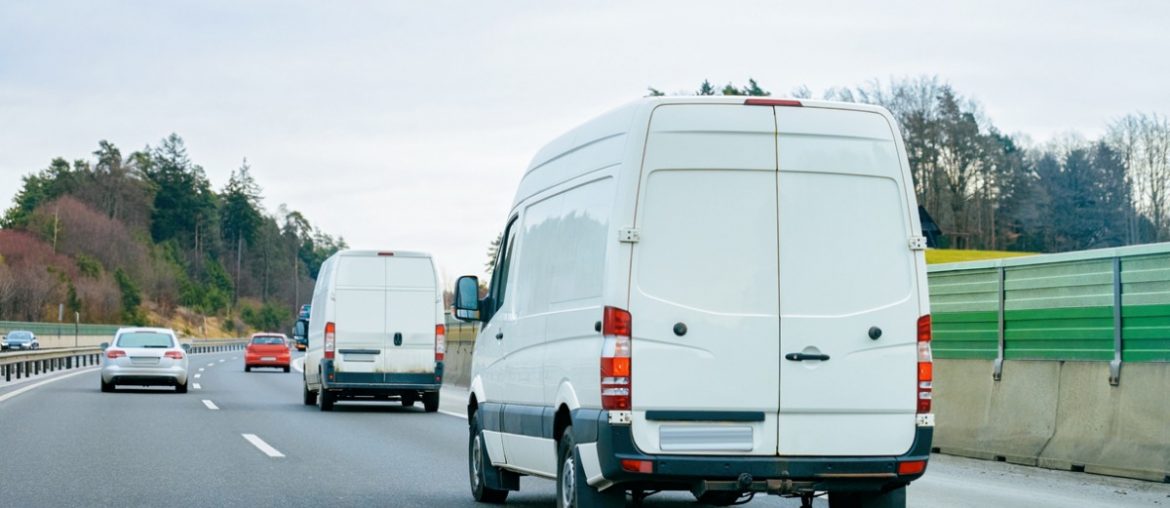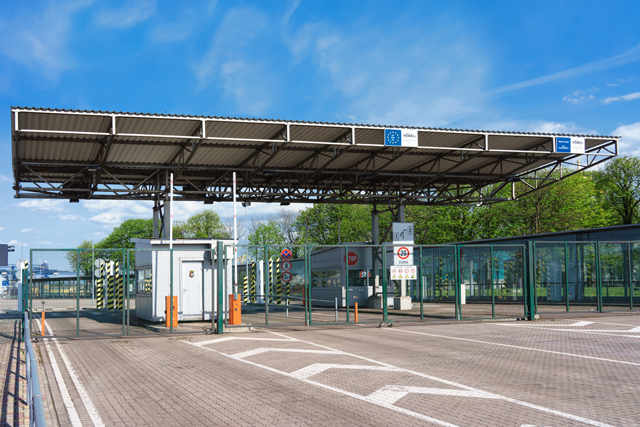One reason many people in the U.S. and across the world are trading their office jobs for the adventure of delivery driving is the thrill and freedom of the business. For entrepreneurs, the choice of which car is the best delivery vehicle is wide open. But not all types of delivery trucks and cars are well suited for the job. There are a wide range of delivery vehicle types available to consider.
Making an investment in a new or used delivery vehicle is a big deal. Your delivery vehicle is what puts food on the table (even if you’re using your vehicle as a food delivery car for side hustles, as many are.) Do you opt for a big truck or a fuel-efficient hatchback? Don’t get lost among all the choices. In this article, we’ll lay out all you need to know about the best car for delivery.
Chevy Bolt EV
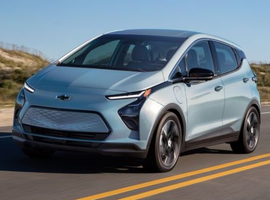
For delivery drivers, fuel-efficient cars offer a clear advantage over large box trucks. And if you’re not in a position to afford a big truck, it’s all the more important to trade sizable cargo space for a car that can go weeks without refilling fuel. In the case of the Chevy Bolt EV, an all-electric vehicle, fuel efficiency is at its best industry-wide.
The Bolt averages around 240 miles per charge. That’s not very much if your routes involve intercity or long-distance travel. But last-mile or neighborhood couriers should be able to do a day’s delivery through city traffic on one charge.
Used Chevy Bolt EVs are plentiful online and in person. These electric cars often sell for under $16,000.
Hyundai Sonata Hybrid
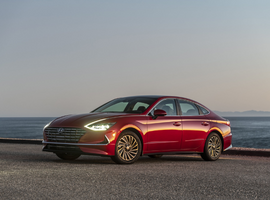
Electric delivery vehicles types are great for people living in densely populated areas where travel time between stops isn’t excessive. Hybrids are a much more practical option if you drive over 200 miles per day. The Sonata Hybrid leads the pack among hybrids for its trunk space and fuel efficiency.
The Hyundai Sonata Hybrid gets about 36 miles per gallon in the city, 40 mpg on the highway. But brand new models get more. Expect an average Sonata Hybrid to cost somewhere around $15,000 online. The market is flooded with hybrids like the Sonata, so lower competitive prices are certainly out there.
Toyota Prius
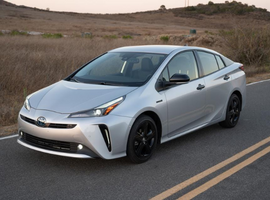
The Toyota Prius is the best car for delivery drivers all over the U.S.–it’s also one of the most popular four-door hatchbacks around. With the Prius, delivery drivers get the best of both worlds, fuel efficiency and cargo space. This 4 cyl 1.8 L sedan will last forever (almost), as owners report their Prius’ lasting well into 200,000 miles without major repairs.
Toyota cars are built to last, they are reliable cars. And it’s not unreasonable to expect to get 50 miles per gallon in the city. Toyota charging stations are becoming widespread in many cities, too, so you don’t have to worry about losing a charge on the road.
Also, check out some other cars in the Toyota Prius family, like:
- The Prius liftback models
- The Yaris-inspired compact Prius C (for smaller cargo)
- The large Prius V
Cargo Vans
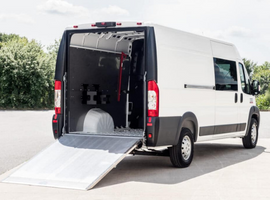
If you’re the kind of delivery driver who needs more space than a five-door car, the best option is a medium-sized cargo van like the Mercedes-Benz Sprinter or Ford Transit Connect.
Most cargo vans will have side doors and rear doors to make it easier to retrieve large and medium-sized parcels. Compact cargo vans like the Ford Transit Connect are better for working in tight spaces or dense city areas, while the Mercedes is closer to a multi-stop truck.
You’ll sacrifice fuel efficiency if you step up to cargo vans for the best cars for delivery. They’re harder to park, and they may require more bending and lifting. But if your cargo is large and you’re a confident driver, cargo vans are the way to go.
Light-Duty Trucks
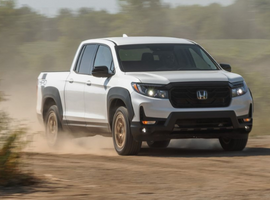
Light-duty trucks, also called midsize or two-ton trucks (their payload is two tons), are a great alternative to SUVs or cargo vans. Check out the Honda Ridgeline, Toyota Tacoma, or the Chevrolet Colorado. They all have high fuel economies for their weight (expect 18 mpg in the city, 25 on the highway.)
With light-duty trucks, you’ll get a longer truck bed length (anywhere from 5-7 ft) than with midsize vans. Plus, the open truck bed allows you to deliver heavier loads and irregularly-shaped cargo. Retail deliverers should find light-duty trucks a great match.
Diesels: Volkswagen Golf and Jetta Sportwagen
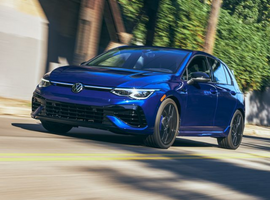
After VW failed to introduce its new line of diesels in 2015, you might think that their older Golfs and Jettas have disappeared. In fact, the reverse is true: many delivery service drivers can find inexpensive VW hatchback diesel vehicles for sale all over the country.
Diesel cars are the best car for delivery because they last longer, and they’re often available for lower prices than traditional gas cars. You will sacrifice a little fuel efficiency (they often provide 2-5 mpg less in the city/highway). But the benefit of having a massive truck space with a sturdy frame for heavier cargo is noticeable for sure.
Ford Fiesta and Ford Focus
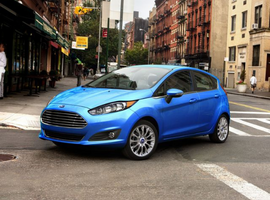
Our final delivery vehicle comes from the Ford lineup up hatchbacks, the Fiesta and Focus in particular. These cars are all over the place, and for good reason. Their trucks are spacious, they drive well in the city, and their fuel efficiency is staggeringly high (31 mpg combined highway/city).
Like other hatchbacks on this list, the Ford options provide a great mixture of fuel economy and cargo space. The Fiesta and Focus is also an excellent car if your cargo is people, as these cars get high ratings for their comfortable interiors too.
Whether you’re looking for a fast, fuel-efficient delivery sedan or a midsize truck or cargo van, there are almost too many options to pick from. In this list, we hope to give you a little direction on which makes and models are the best cars for delivery in each category.
Price matching for delivery sedans is easy. It’s a buyer’s market, too, since these types of sedans have flooded the used car market. A $15,000 pre-owned sedan with less than 35,000 miles from the list above is entirely possible to find. All you need is to choose the model that will suit your budget and your cargo.

